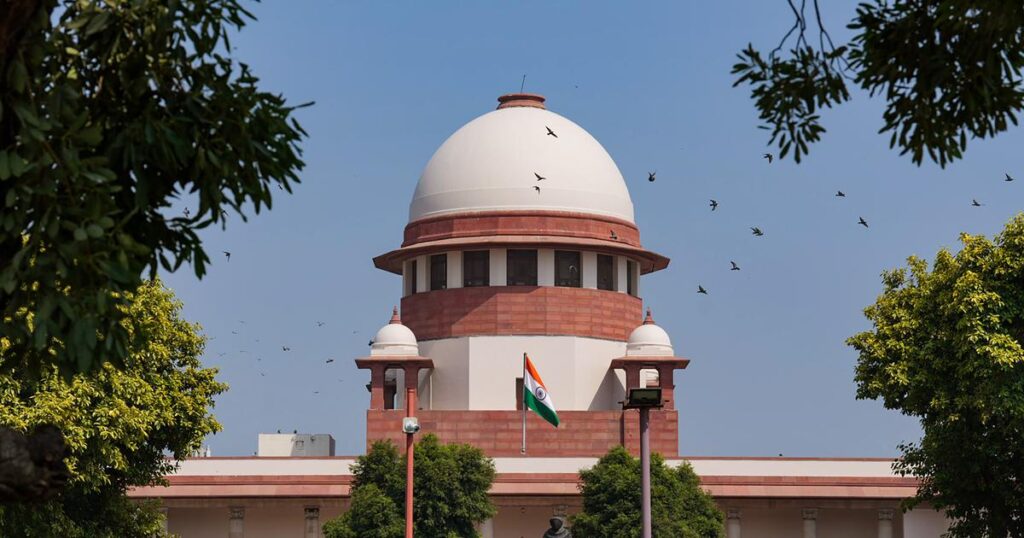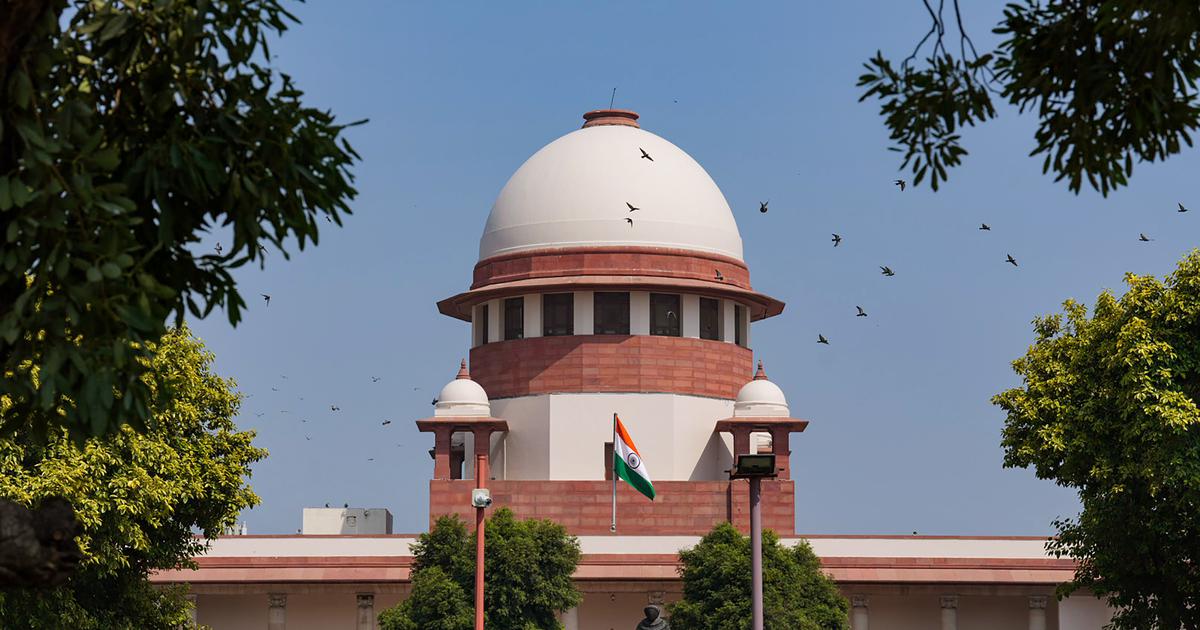
The Supreme Court of India, in response to a petition filed by the family of Nikhil Gupta, the individual accused by the United States of plotting to kill Sikh separatist Gurpatwant Singh Pannun, advised them to seek relief from a Czech court regarding alleged violations of Gupta’s religious and human rights during his detention in Prague. The court declined immediate intervention, setting a next hearing date for January 4, and directed the petitioner to furnish a copy to the government.
Gupta, currently detained in Prague and awaiting extradition to the US, had petitioned the Supreme Court to urge Indian intervention in the matter. The plea, filed by a family member referred to as Mr. X, alleged illegal detention and expressed concerns about Gupta’s safety as a “law-abiding citizen.”
However, Justice Sanjiv Khanna emphasized that the Indian Supreme Court lacked jurisdiction over arrests made in another country and advised seeking legal recourse in Prague, acknowledging the sensitivity of the case for the Ministry of External Affairs.
The petition highlighted purported irregularities in Gupta’s arrest in Prague, alleging that US agents, rather than Czech authorities, executed the apprehension without a formal arrest warrant. It also claimed violations of fundamental rights, citing Gupta’s objections to being forced to consume beef and pork as a devout Hindu and vegetarian.
Nikhil Gupta, aged 52, stands accused of attempting to hire a hitman, who was an undercover US federal agent, to assassinate Pannun. If convicted of murder-for-hire and conspiracy charges, he faces a 20-year prison term. The US has also accused an unnamed Indian government employee, labeled CC-1, in connection with the plot.
US prosecutors alleged that Gupta and CC-1 engaged in communications aiming at planning the murder in return for assistance in dropping a criminal case against Gupta in India. The accused allegedly met in Delhi and conspired to enlist a hitman through a confidential informant working with the US Drug Enforcement Administration.
In response to these charges, India’s External Affairs Ministry highlighted ongoing examinations by relevant departments, affirming a high-level inquiry committee’s establishment.
Additionally, the case has drawn attention to Canada’s claims of an Indian government official’s involvement in the killing of Hardeep Singh Nijjar, a Khalistani terrorist and Canadian citizen. While India has dismissed these allegations as baseless, calling them “motivated” and “absurd,” Canada has urged India to address the matter seriously.
The White House also urged Delhi to hold those involved in the alleged murder plot accountable, emphasizing the seriousness of the investigation and its implications for national security interests.
As these international developments unfold, the legal proceedings and diplomatic exchanges are poised to continue, shaping the trajectory of this intricate cross-border legal case.
Sources By Agencies


